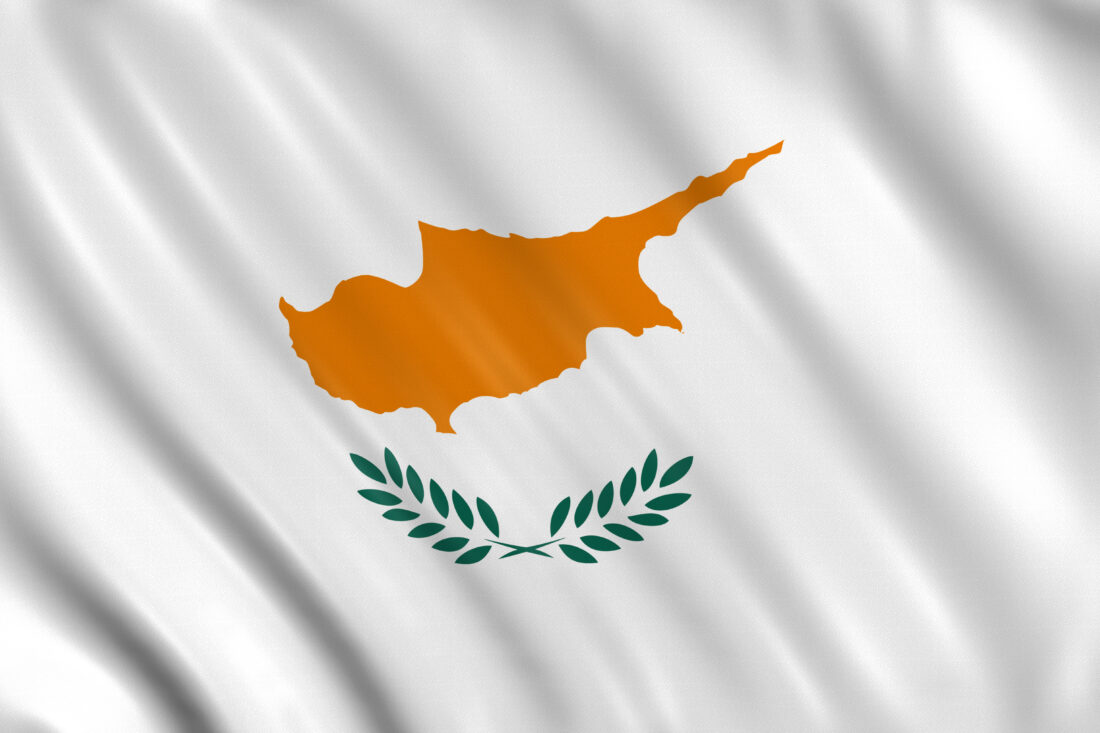
When a responsible stand yields results. Article by Stavri Kalopsidiotou, Lawyer-International Law expert, member of the Central Committee of AKEL and the Bureau on the Cyprus Problem of the C.C.
Monday 16th May 2016, “HARAVGI” newspaper
 Quite correctly the Cyprus problem must not be turned into an arena of political confrontation during the pre-election campaign we are going through. Indeed given the fact that the negotiation procedure is ongoing, despite the difficulties we identify, it is prudent for all the political forces to exhibit seriousness and self-restraint avoiding any statements that undermine the climate and do not facilitate the prospect of the procedure. Moreover in the brief history of our Republic, pre-election frenzy in relation to the Cyprus problem has never helped towards achieving substantive progress on our national question, whether this frenzy came from the so-called “submissive” school of thought on the Cyprus problem or from the so-called “rejectionist” school of thought.
Quite correctly the Cyprus problem must not be turned into an arena of political confrontation during the pre-election campaign we are going through. Indeed given the fact that the negotiation procedure is ongoing, despite the difficulties we identify, it is prudent for all the political forces to exhibit seriousness and self-restraint avoiding any statements that undermine the climate and do not facilitate the prospect of the procedure. Moreover in the brief history of our Republic, pre-election frenzy in relation to the Cyprus problem has never helped towards achieving substantive progress on our national question, whether this frenzy came from the so-called “submissive” school of thought on the Cyprus problem or from the so-called “rejectionist” school of thought.
That being said, when developments are unfolding political parties have a duty to take a stand with prudence and a sense of responsibility. However, they should do so by really contributing towards the dialogue and the handling of issues related to the national interests of the Republic and the Cyprus problem in general. Consequently instead of the government and parties haggling over any handling on the recent visa liberalization issue for Turkish citizens, it would be advisable for initiatives to be taken so that we can all contribute together to an effort that is an effort of the Republic of the Republic.
As AKEL, we reacted immediately. On the one hand by calling on the Anastasiades-DISY government to brief the National Council officially about the handling that had been made and about whatever handling it intends to make. On the other hand, we vigorously mobilized our Political Group in the European Parliament, after we had informed it with a letter of the General Secretary of AKEL, in the most appropriate way about our positions. We made it absolutely clear that the European Union cannot continue to function as a group serving short-term interests. Furthermore, we made it clear that the EU should not succumb to the blackmailing positions expressed by the Turkish President; positions with which – and unfortunately we have been vindicated – Ankara sets Turkey-EU cooperation on the refugee crisis, for which both have responsibilities, conditional on the “loosening” in the implementation of the 72 criteria/benchmarks of the Roadmap. In doing so Turkey in effect heaps heavy loads on Member States themselves that should have been put on Ankara.
Consequently we didn’t only uphold these positions of AKEL in the dialogue underway on the domestic front, but wanted them to be heard in the Plenary of the European Parliament. We succeeded in doing so, given that on the initiative of our own Political Group in the European Parliament, namely the Confederal Group of the European United Left/Nordic Green Left, and in spite of the negative stand taken by the Political Group which the governing DISY party belongs to, that is to say the EPP, it was eventually possible to have the discussion that we today all welcome, precisely because it was ensured that the overwhelming majority of the Body unequivocally supports the continuation of a responsible stand. In conveying clearly the principled position in every direction – as it was also conveyed by the President of the European Parliament Martin Schultz to Turkey’s European Union Minister and Chief Negotiator Volkan Bozkır following a decision of the Conference of Presidents of the body – that without the fulfillment of the 72 criteria, Ankara cannot expect a discussion on the issue, nor obviously its assessment with fast-track procedures, despite the European Commission’s intentions. Besides, even the political intentions of the 28 Member States, as recorded in the EU-Turkey Agreement in March with the approval of Mr. Anastasiades too, concern the acceleration of the liberalization of the visa requirements provided the criteria set out have been met.
In conclusion, it would be naive if we were to stop being anxious. The powerful message transmitted by the European Parliament may well on the one hand be a positive development and generate satisfaction. On the other hand it does not represent the final position of either the Members of the European Parliament or the Member States in the Council. And evidently we must also continue to remain vigilant, since yet again we note that EU-Turkey relations provoke side effects that may affect us. Furthermore, in the light of these developments, it has again been demonstrated how important the utilization of the Christofias-Talat convergences remain, which on the issue in question can also provide answers regarding the potential dangers that arise, restricting with the solution the future flow of Greek and Turkish nationals to the population ratio of 4: 1.




